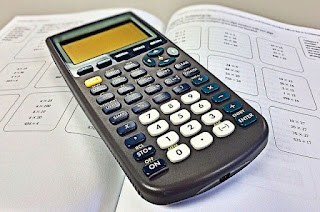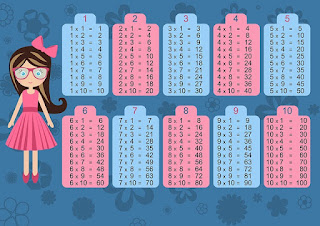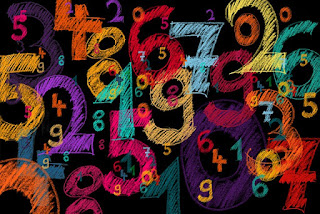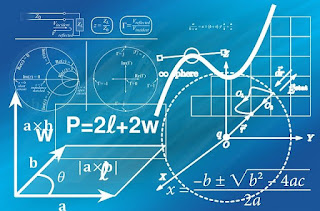Discuss the types of composite numbers

Thinking about the definition of composite can help you recall what composite numbers are. A composite refers to anything that is made up of several components, and composite numbers are the sums of various whole numbers or positive integers. This excludes fractions and decimals. They are distinct from prime numbers as well. All integers bigger than 1 are made up of composite and prime numbers. composite numbers. A positive integer that only has itself and the number one as components is called a prime number. The second number is the one to think about since it just has two factors: 2. Three is also a prime number. A composite number, on the other hand, contains more elements than just itself and the number 1, or more than two factors. Factors of the lowest composite number, 4, are 1, 2, and 4. Except for the number 2, prime numbers are usually odd. Nevertheless, not all odd numbers are prime. Think about the number 51. Even though it looks like a prime number, it is actually a number...



